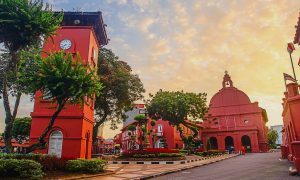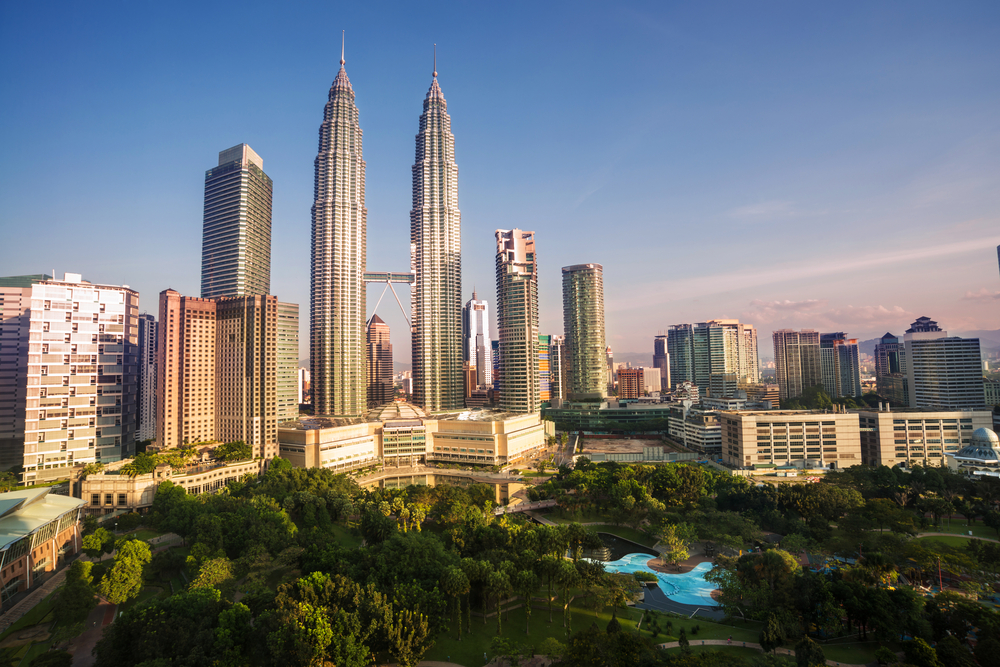
One of the best lessons I ever learned is one I was actually never taught.
I think that, for the most part, racism – the belief that one’s own race is superior to others or, perhaps more commonly, that a particular other race is somehow inferior – is something that’s taught. After all, you don’t regularly see many racist toddlers. Growing up, I was fortunate indeed to have had two parents who, as best as I can recall, inflicted absolutely no racist indoctrination on me.
Racism, of course, exists in all countries and in all populations, and while it’s nice to think we have largely evolved beyond it in civilised society, the harsh truth is, we haven’t. But living in Malaysia has shown me that different places approach it and deal with it in very different ways. Things like racism and bigotry are usually touchy subjects to address, but avoiding these topics doesn’t mean they don’t exist, and failing to acknowledge and deal with such things openly usually ends up causing more problems than it prevents.
Case in point: After many decades of struggles culminating in the Civil Rights Era in the U.S. during the 1950s and ‘60s, equal opportunity became the law of the land with the landmark Civil Rights Act of 1964. In the half century since then, it became almost believable that the racial divide in America was, for the most part, a relic of the country’s past. But oh, how misguided that belief was.
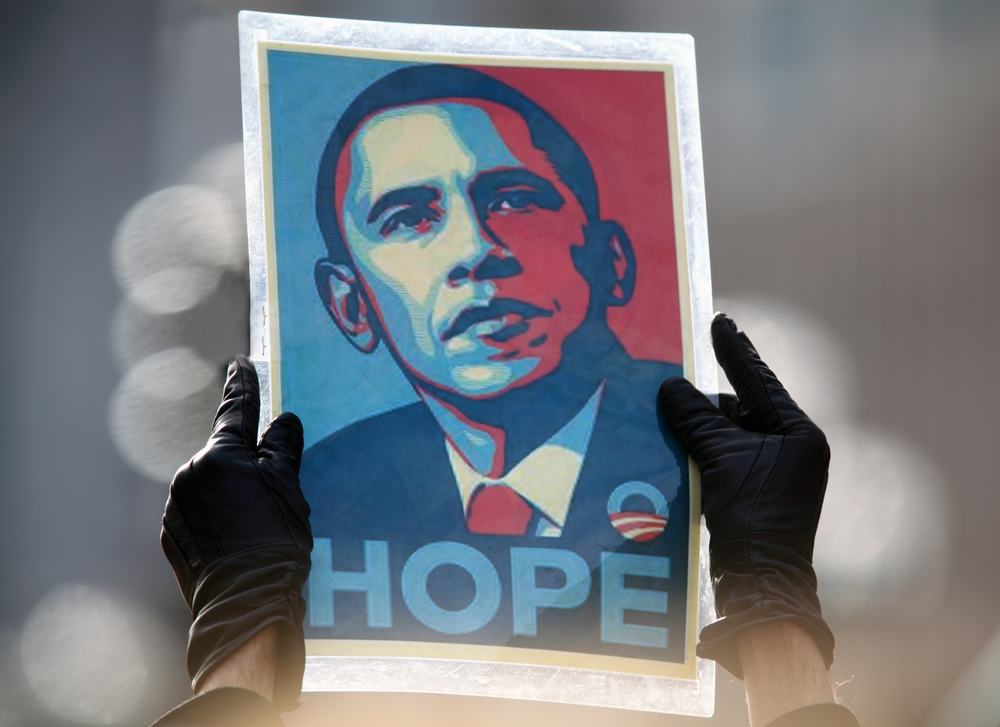
When the nation elected a black president in 2008, it signalled two things. First, it really did show just how far we had come as a nation, having progressed from being a country where black men were once owned as property and subjugated as slaves to one which decisively elected a black man to the highest office in the land, and then did it again four years later. But that seemed to have sparked a powder keg of latent racism in plenty of people, too.
The number of white supremacist groups identified in America soared after President Obama was elected, along with a surge of anti-government “patriot” and militia groups. Additionally, in the last handful of years, a number of high-profile police shootings – typically of unarmed black men – have laid bare the deep vein of racism that still exists in the United States – racism from both white and black Americans. Perhaps the absolute number of racists has gone down, but it certainly seems that the remaining ones have gotten louder.
When I moved to Malaysia, it didn’t take long to see that that the racism present here manifests itself in very different ways than in my home country. First of all, I got the sense that here, it was less a matter of seeing one race as inherently superior or inferior, but rather that the races were very different culturally and so didn’t really commingle all that much. It’s not so much outright racism as it is a “birds of a feather flock together” mentality.
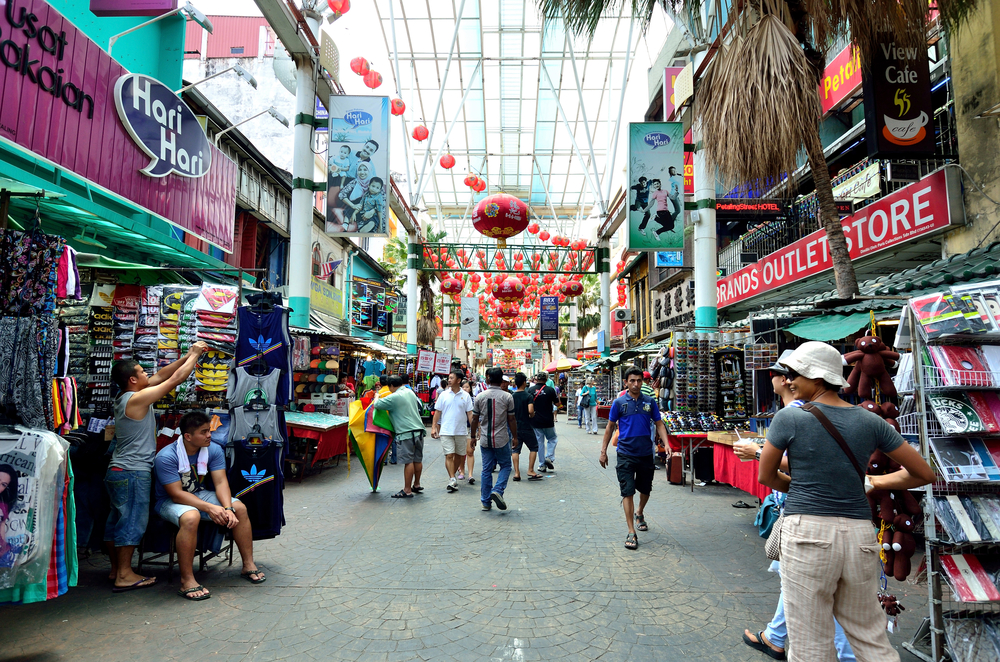
But where it really struck me as different was in business matters. I looked at the résumés of job applicants, and not only was there often times a photo, but the applicant’s race and religion were also stated – all things that would be quite verboten in the States. I saw “help wanted” signs in shop windows very specifically advertising for only one particular race. Others need not apply.
Same with housing notices, either asking for a specific race or, alternately, discriminating against a specific race. In fact, a particular banner at a Shah Alam condominium made ignominious headlines recently for its bluntly exclusionary and racist message.
So while the racial divide in the States is more discreet and hush-hush, here it’s very much more open and forthright, a difference I found rather interesting.

Malaysia is regularly hailed, both by itself and by others, as a multicultural country. We seem to like this word; we think it’s a good thing. German Chancellor Angela Merkel raised eyebrows in December when, in the throes of a refugee crisis for which she garnered widespread praise for her humanity and openness, she cut off a storm of applause at a convention to insist that the gilded notion of multiculturalism was a sham, a concept which in Germany “has failed, and failed utterly.”
She added, “Multiculturalism leads to parallel societies.” That’s a statement which, when looking at life in Malaysia, seems to ring with at least partial truth. We do have parallel societies here, and people here do tend to favour their race over their nationality.
I remember being shocked some years ago when former Deputy Prime Minister Muhyiddin Yassin flatly and publicly stated – and then repeated – that he was “Malay first, Malaysian second.” Cultural and racial kinship is certainly important, but national unity is what builds strong countries. Racial division only weakens them.
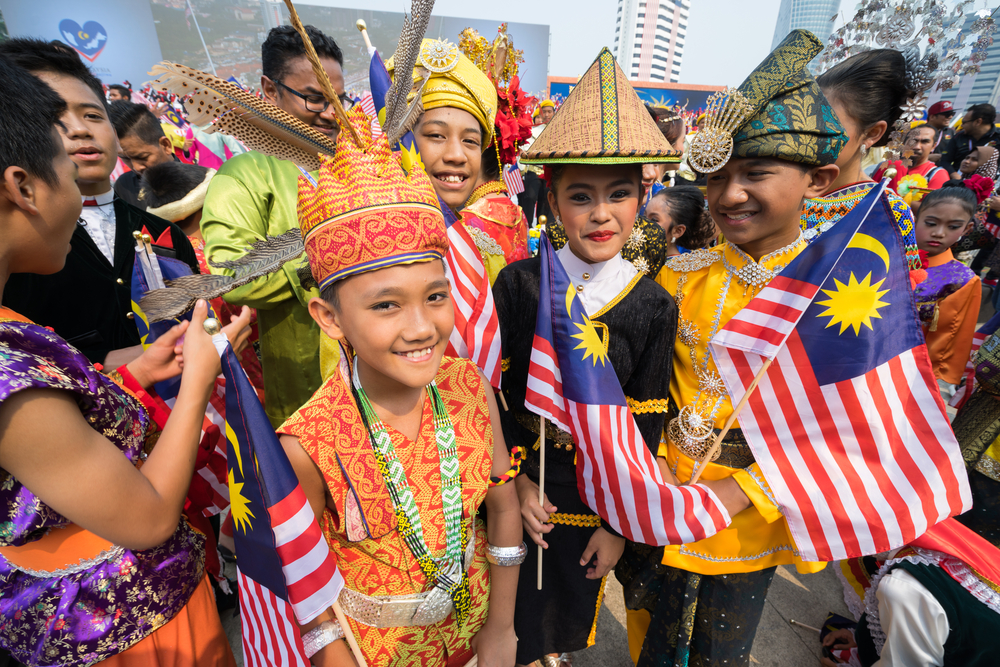
I’m not sure exactly what it is in our human wiring that fuels racism and bigotry. Is it simply fear of the unknown? A lack of understanding? Or something more deeply rooted and primal? Whatever causes it, I think that even being keenly aware of our perhaps inherent tendencies to categorize and marginalize others who are not like us can help us combat racism and bigotry, both in ourselves and in our communities.
Chancellor Merkel may be essentially correct in saying multiculturalism is but a fanciful dream, but the notion of segregating ourselves into disparate and exclusive camps doesn’t strike my fancy at all.
This article was originally published in The Expat Magazine which is available online or in print via a free subscriptions.
"ExpatGo welcomes and encourages comments, input, and divergent opinions. However, we kindly request that you use suitable language in your comments, and refrain from any sort of personal attack, hate speech, or disparaging rhetoric. Comments not in line with this are subject to removal from the site. "




